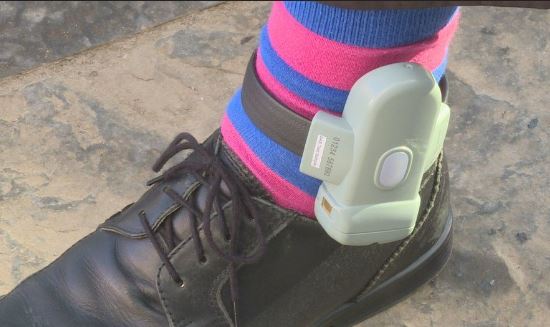UK Implements GPS Tagging for Thousands of Migrants in Controversial Move

In a contentious policy shift, the United Kingdom has begun the process of GPS tagging thousands of migrants, sparking a debate over privacy, human rights, and the effectiveness of immigration controls. This measure, part of a broader strategy to manage and monitor immigration, aims to keep tabs on the movements of certain migrants, particularly those awaiting decisions on their asylum claims or those with pending deportation orders.
The government defends the decision as a necessary step to ensure compliance with immigration rules and to prevent absconding. Officials argue that GPS tagging allows for a more managed approach to immigration, ensuring that individuals are easily locatable by authorities and thereby reducing the strain on detention facilities. They claim that this method strikes a balance between maintaining oversight of migrants and allowing them some freedom of movement within the community.
However, human rights organizations and advocacy groups have raised serious concerns about the implications of such a policy. Critics argue that GPS tagging is an invasive measure that infringes on the privacy and dignity of individuals, treating them more like criminals than people seeking refuge or awaiting legal processes. There are fears that this approach could exacerbate the vulnerabilities of already marginalized groups, leading to increased anxiety and stigma against migrants.
The debate also touches on the effectiveness of such surveillance measures in achieving their stated goals. While some data suggests that tagging may reduce instances of absconding, opponents question whether the psychological and social costs justify the benefits. There are calls for more humane and less intrusive methods of monitoring, emphasizing the need for policies that respect individual rights and international obligations.
The use of GPS tagging in the UK reflects broader trends in immigration control globally, where technological solutions are increasingly deployed in the management of borders and migrants. This trend raises important questions about the balance between security and liberty, the role of technology in governance, and the future of migration policy in an increasingly interconnected world.
As the UK’s GPS tagging program rolls out, its impacts will be closely scrutinized by policymakers, activists, and the international community. The policy’s outcomes could influence future approaches to immigration management, not only in the UK but around the world, making it a key issue in ongoing debates about migration, rights, and technology.



